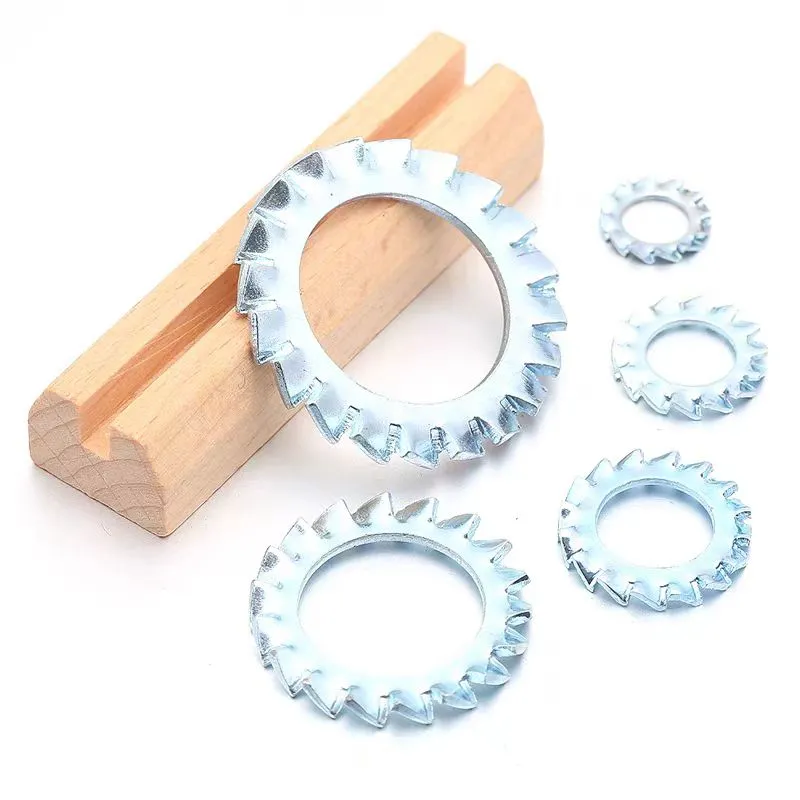

Exploring the Benefits and Applications of Long Stud Bolts in Engineering Design
10월 . 10, 2024 04:10 Back to list
Exploring the Benefits and Applications of Long Stud Bolts in Engineering Design
Understanding Long Stud Bolts Key Features and Applications
Long stud bolts are essential fasteners widely utilized in various industries due to their unique design and functionality. Unlike standard bolts, long stud bolts are characterized by their extended length, which allows for increased engagement in the materials they fasten. This feature is particularly beneficial in applications where added strength and durability are required.
One of the primary applications of long stud bolts is in the construction and manufacturing of heavy machinery. In such settings, the strength of the connections is critical for ensuring the safety and longevity of the equipment. Long stud bolts provide the necessary tensile strength to withstand extreme conditions, such as high pressures and temperatures. They are commonly used in mechanical systems, including engines, compressors, and turbines, where reliable fastening is crucial.
In the oil and gas industry, long stud bolts play a pivotal role in ensuring the integrity of pipelines and pressure vessels. These bolts are often employed in high-stress environments, where they must resist the effects of corrosion and fatigue. Engineers often select specific materials for long stud bolts to enhance their performance in harsh environments, including stainless steel and high-strength alloys. The use of coatings and finishes, such as galvanization, can further improve their resistance to corrosive elements.
long stud bolt

Another notable feature of long stud bolts is their ease of installation. They often come with various threading options, including coarse and fine threads, allowing for versatility in different applications. Additionally, the extensive length of these bolts means they can be adjusted to fit various assembly thicknesses, providing flexibility in design and construction.
When selecting long stud bolts, it is vital to consider several factors, such as load requirements, environmental conditions, and the specific materials of the components being fastened. Proper installation techniques should also be employed, as over-tightening can lead to thread stripping or bolt failure. Therefore, adhering to recommended torque specifications is crucial for ensuring optimal performance.
In conclusion, long stud bolts are indispensable components in many heavy-duty applications. Their strength, durability, and adaptability make them suitable for a broad spectrum of industries, from construction to oil and gas. Proper selection and installation are essential to maximizing their benefits, contributing to the safety and reliability of the systems they help support.
Latest news
-
Best Self Tapping Screws for Drywall - Fast & Secure Installation
NewsJul.31,2025
-
High-Strength Hot Dip Galvanized Bolts-Hebei Longze|Corrosion Resistance&Customization
NewsJul.31,2025
-
Hot Dip Galvanized Bolts-Hebei Longze Metal Products|Corrosion Resistance&High Strength
NewsJul.31,2025
-
Hot Dip Galvanized Bolts-About LongZe|High Strength, Corrosion Resistance
NewsJul.30,2025
-
High-Strength Hot Dip Galvanized Bolts - Hebei Longze | Corrosion Resistance, Customization
NewsJul.30,2025
-
Hot Dip Galvanized Bolts-Hebei Longze|Corrosion Resistance&High Strength
NewsJul.30,2025

